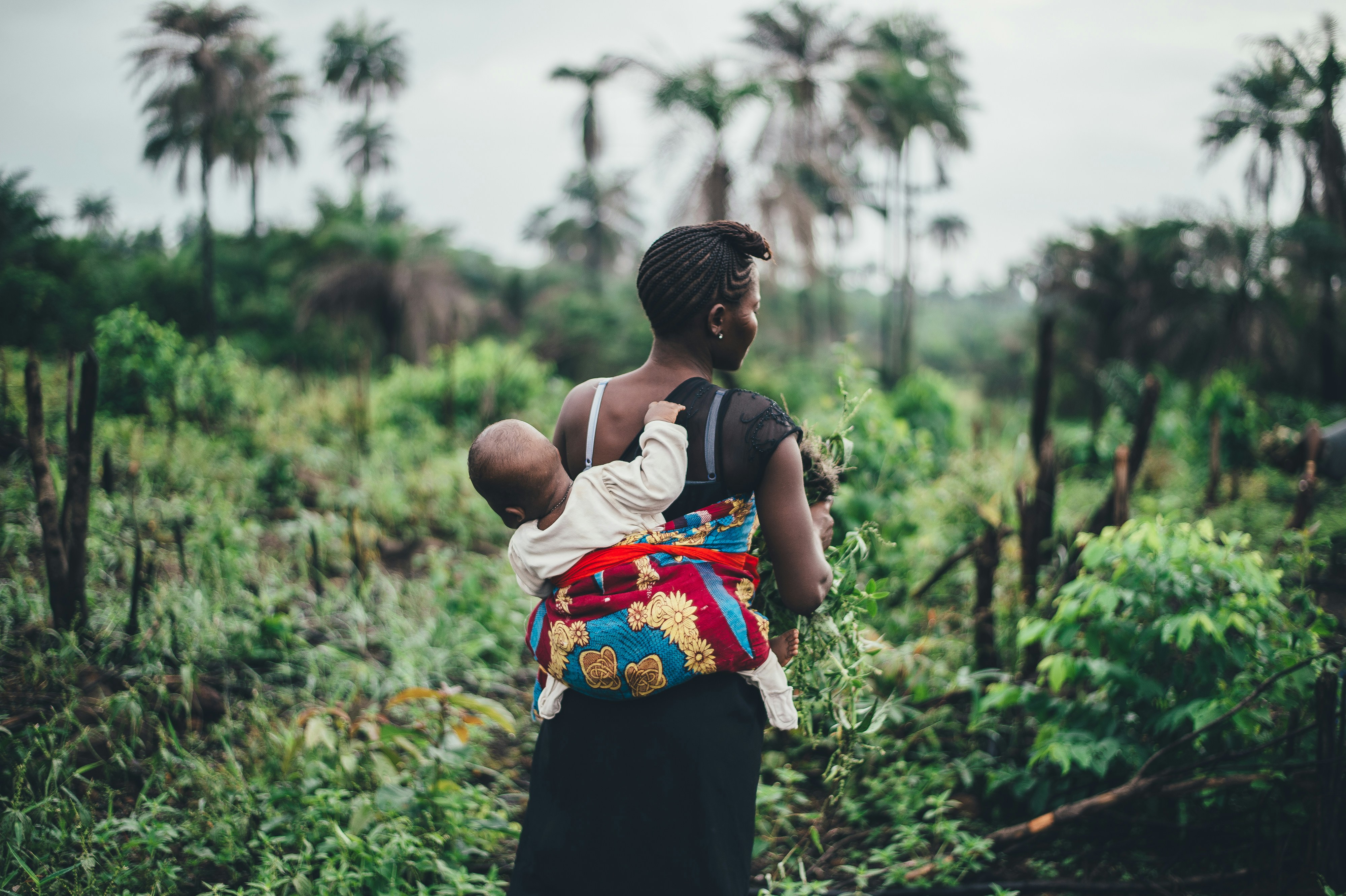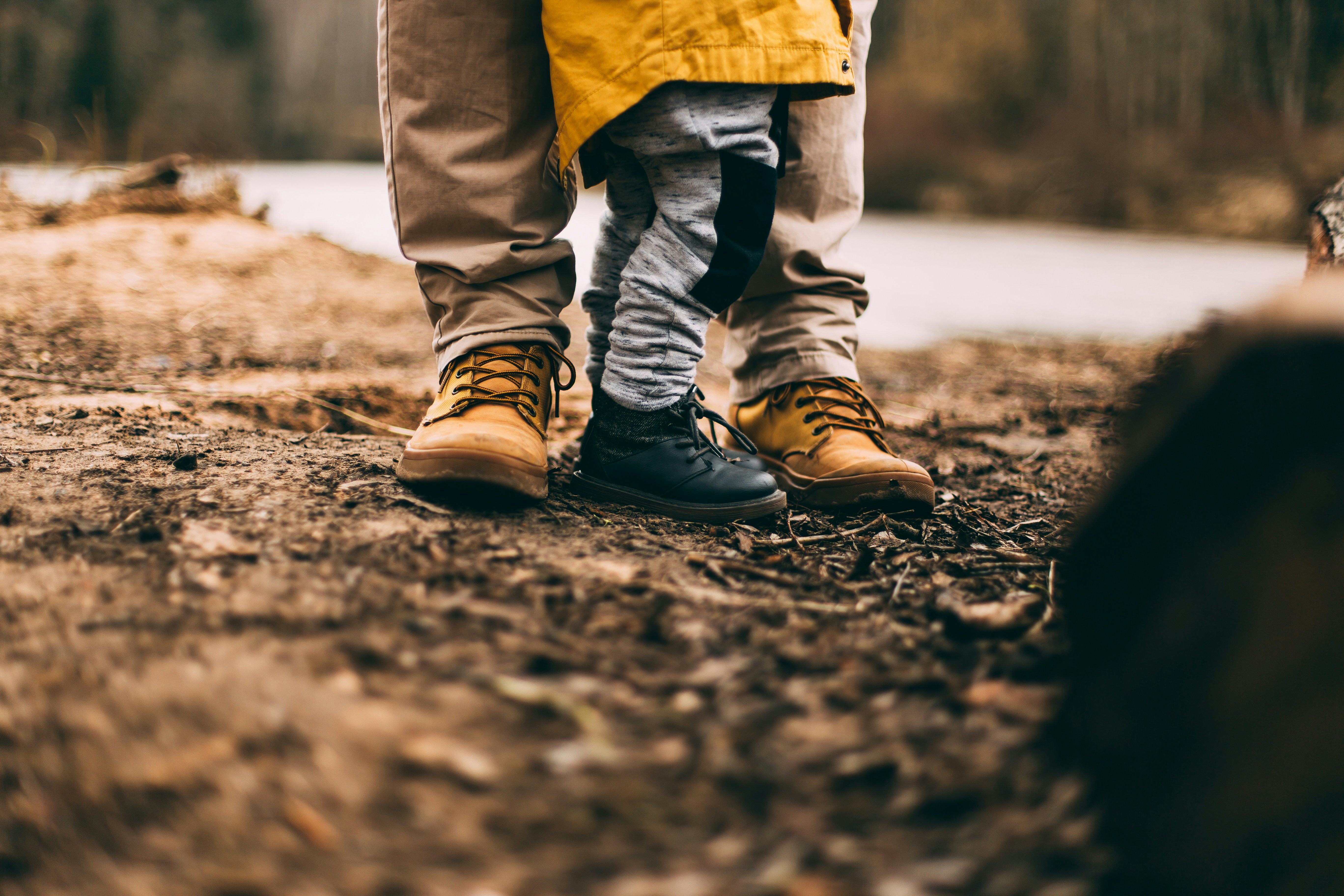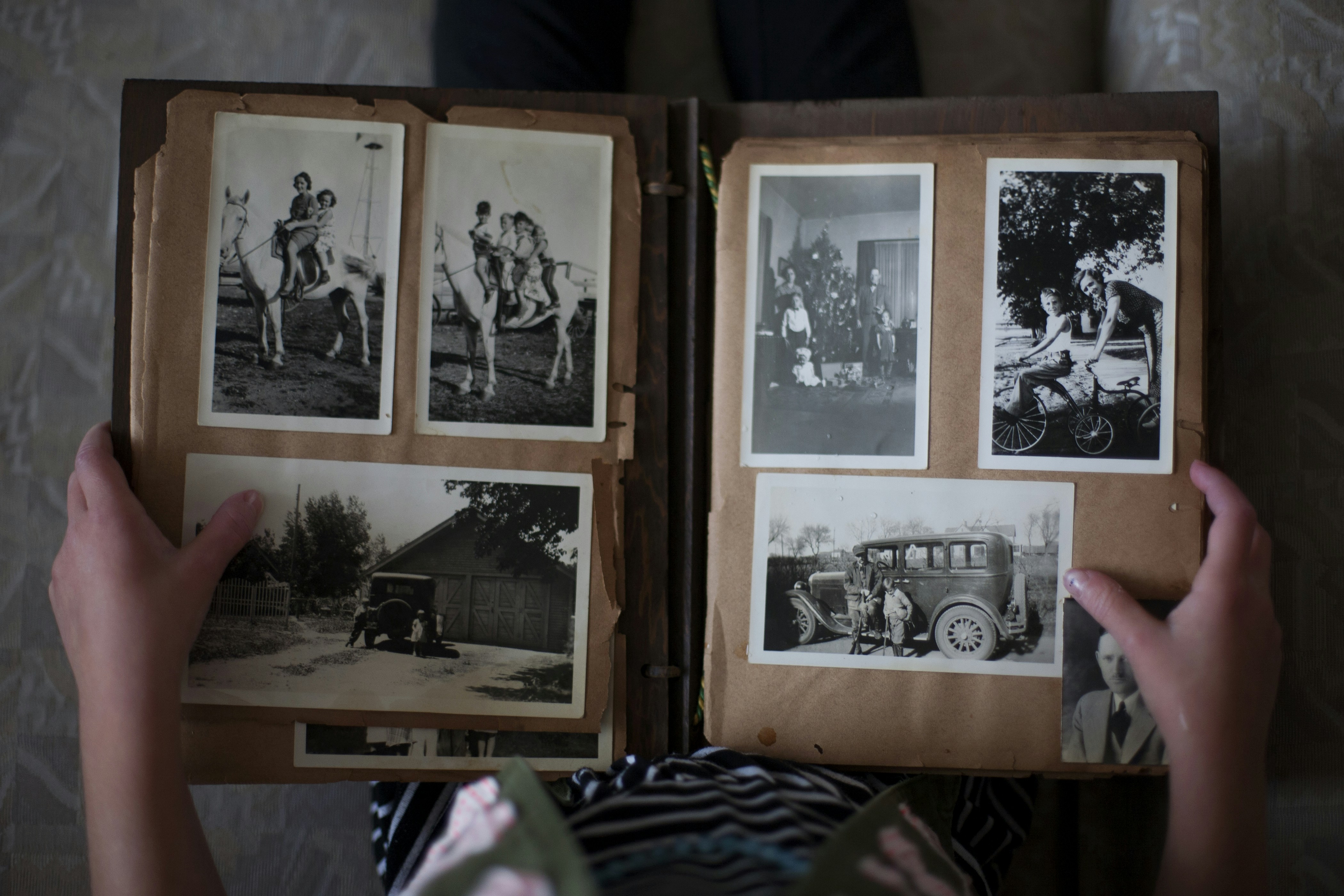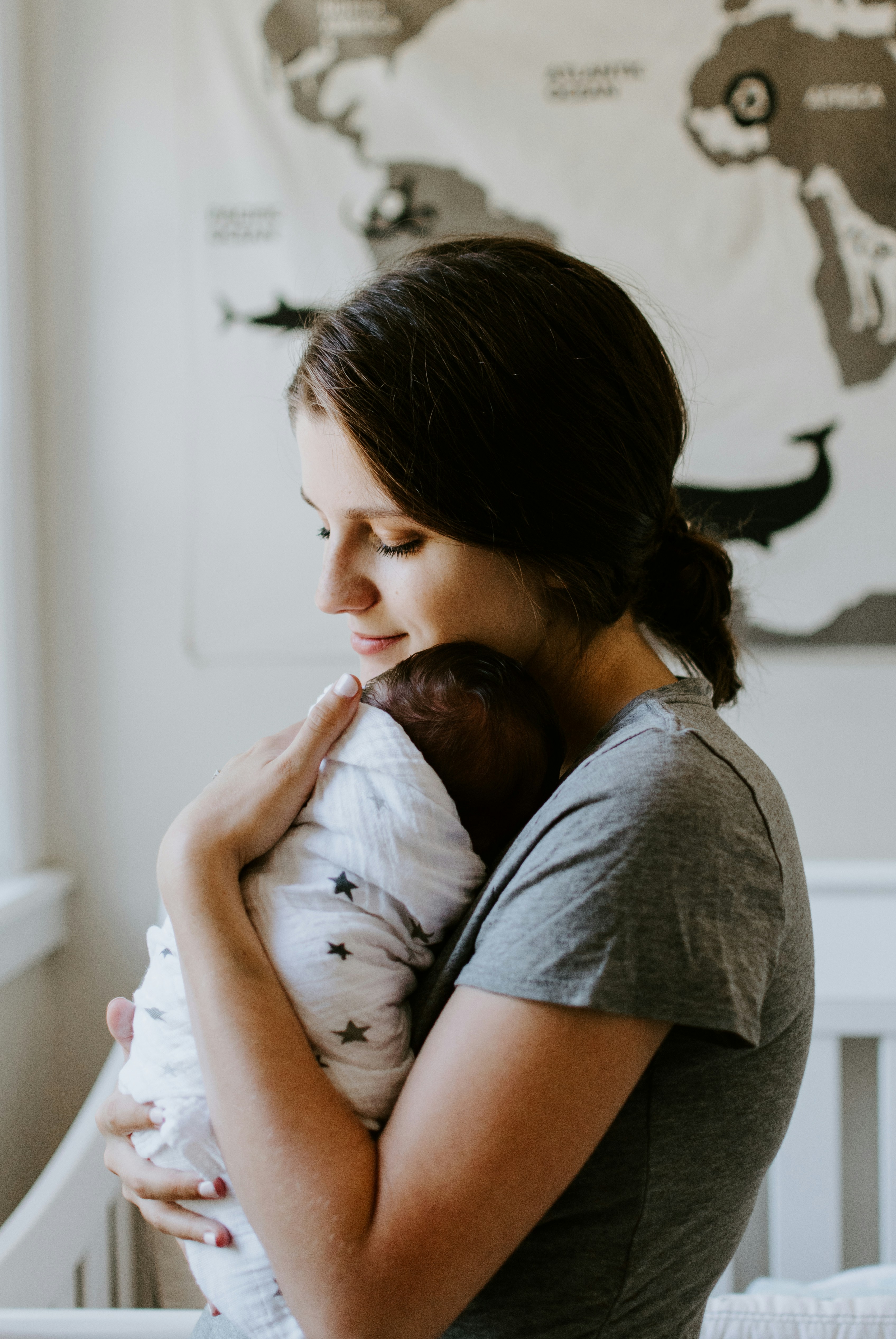The Surprising Benefits of Collaborative Cooking for Family Dynamics
Published on August 13, 2024
The Surprising Benefits of Collaborative Cooking for Family Dynamics

In today's fast-paced world, finding quality time to connect with family can be a challenge. However, an unexpected solution might be simmering right in your kitchen. Collaborative cooking – where family members work together to prepare meals – is emerging as a powerful tool for strengthening bonds, improving communication, and even boosting mental health.
The Recipe for Connection
When families cook together, they're doing more than just preparing food. They're creating a shared experience, one that engages all the senses and promotes teamwork. Here are some of the key ingredients that make collaborative cooking so beneficial:
- Communication: Cooking requires clear instructions and coordination, naturally encouraging family members to practice effective communication.
- Teamwork: From chopping vegetables to setting the table, each person plays a role in the final outcome, fostering a sense of shared responsibility.
- Creativity: Experimenting with recipes allows for creative expression and problem-solving, skills that translate well beyond the kitchen.
- Cultural connection: Preparing traditional family recipes can be a gateway to discussions about heritage and shared history.
Stirring Up Positive Emotions
The benefits of collaborative cooking extend beyond just improved family dynamics. Research has shown that cooking can have significant positive impacts on mental health and emotional well-being:
- Stress relief: The repetitive nature of chopping, stirring, and kneading can be meditative and calming.
- Sense of accomplishment: Successfully preparing a meal provides a tangible sense of achievement, boosting self-esteem.
- Mindfulness: Focusing on the present task of cooking can help family members practice mindfulness, reducing anxiety about past or future concerns.
- Emotional regulation: Cooking together provides opportunities to navigate frustrations and celebrate successes, helping to build emotional resilience.
A Recipe for Success
Ready to start cooking up some family harmony? Here are some tips to make your collaborative cooking experiences successful:
- Start simple: Choose recipes that are appropriate for all skill levels to ensure everyone can participate.
- Assign roles: Give each family member a specific task to promote a sense of ownership and importance.
- Embrace imperfection: Remember, the goal is connection, not culinary perfection. Laugh off mistakes and enjoy the process.
- Make it a regular event: Set aside specific times for family cooking to create a consistent bonding routine.
- Explore cultures: Use cooking as an opportunity to learn about different cuisines and cultures together.
In conclusion, collaborative cooking offers a unique and tasty way to strengthen family bonds, improve communication, and promote mental well-being. By stirring up some quality time in the kitchen, families can create not just delicious meals, but also lasting memories and stronger relationships.
Looking for more ways to improve family dynamics and communication? Check out Thinker, an AI-powered tool designed to help families navigate relationships, enhance communication, and support mental well-being.
Explore Thinker

